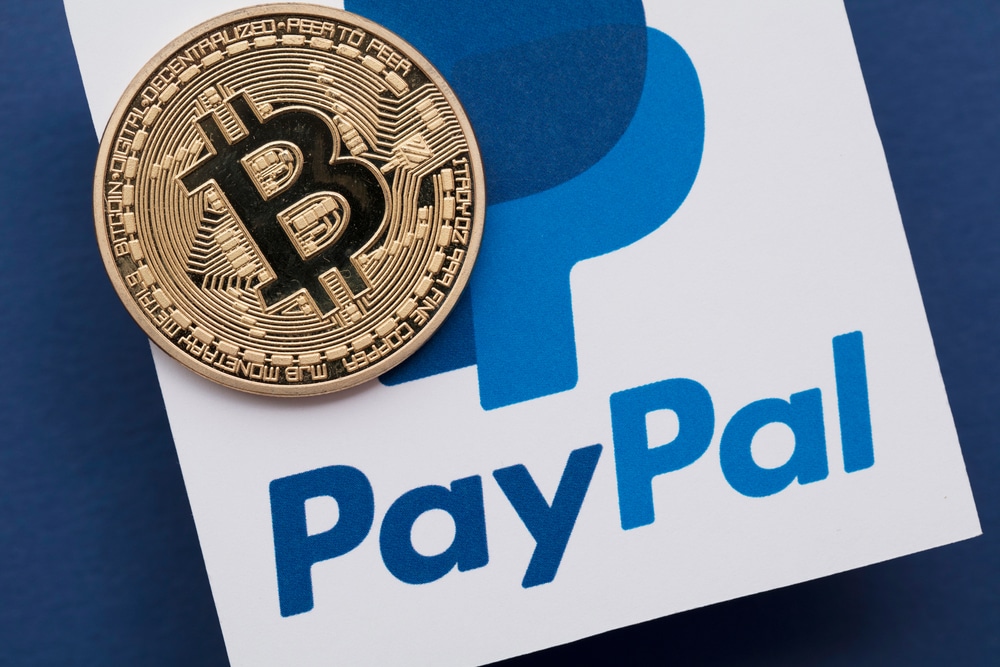Sam Bankman-Fried Files for Appeal in Fraud Case

Key Insights:
- Sam Bankman-Fried files an appeal against his 25-year sentence, questioning legalities in the FTX fraud case’s trial process.
- With fewer than 10% of federal appeals successful, Bankman-Fried’s bid to overturn his fraud conviction faces steep odds.
- The appeal’s outcome could set a significant precedent for legal approaches to financial fraud in the cryptocurrency sector.
Sam Bankman-Fried, the founder of the now-bankrupt FTX cryptocurrency exchange, has taken a significant legal step by filing an appeal against his conviction and the consequent 25-year prison sentence. This development in what is considered one of the largest financial frauds in U.S. history marks a new chapter in a saga that has captivated the financial world. The 32-year-old former billionaire was convicted on seven counts of fraud and conspiracy.
Bankman-Fried’s defense team has launched this appeal to challenge both the conviction and the length of the sentence. The focus of the appeal will likely be on the trial process, examining potential legal missteps or errors made by U.S. District Judge Lewis Kaplan, which could have infringed upon Bankman-Fried’s legal rights. The process, which could extend over several years, will initially be reviewed by a three-judge panel of the 2nd Circuit U.S. Court of Appeals.
Challenges in Overturning a Federal Conviction
The pathway to overturning a conviction in federal court is fraught with challenges. Statistically, reversals occur in fewer than 10% of federal appeals. Should the 2nd Circuit’s decision be unfavorable, Bankman-Fried’s legal team would face the formidable task of petitioning the U.S. Supreme Court to hear the case.
This appeal comes against the backdrop of a highly publicized trial where three former associates of Bankman-Fried testified against him. Despite his defense, where he admitted to making poor decisions but denied stealing money, the jury found him guilty of misusing billions in customer funds.
Details of the Case and Sentencing
Once a prominent figure in the cryptocurrency sector, Bankman-Fried’s fortunes took a dramatic turn with FTX’s bankruptcy in November 2022. The bankruptcy was a result of a customer withdrawal frenzy sparked by reports of misused funds and financial mismanagement. The prosecution charged Bankman-Fried with misappropriating around $10 billion in customer money, using it for investments, political donations, and personal expenses.
In his trial, Bankman-Fried’s defense acknowledged mistakes in risk management but refuted claims of intentional fraud. Despite these arguments, the court, led by Judge Lewis Kaplan, imposed a 25-year sentence along with an order to pay $11 billion in forfeiture, reflecting the severity of the charges. This sentence was shorter than the 40- to 50-year term recommended by prosecutors but considerably longer than the defense’s suggestion.
Comparative Analysis within the Crypto Industry
Bankman-Fried’s case is not isolated in its nature or magnitude. It stands as a stark reminder of the risks and legal challenges in the crypto industry. The comparison with other cases, particularly those involving crypto exchanges and financial misconduct, brings into perspective the varying judicial responses to different types of offenses within this sector.
A notable point of comparison is the case of Changpeng Zhao, founder of the rival exchange Binance, who faced a significantly shorter maximum sentence of 18 months for violating anti-money laundering laws. This disparity in sentencing outcomes underscores the complexity and variety of legal issues facing the crypto industry.
Implications for the Cryptocurrency Industry
Bankman-Fried’s appeal is more than a personal quest for legal redemption; it is an event with potential ramifications for the cryptocurrency industry. The outcome of this appeal could set a precedent for how financial fraud, particularly in the emerging domain of cryptocurrencies, is treated legally. The scrutiny and judgments made in this case could influence future regulatory and governance frameworks for crypto exchanges and digital assets.
Editorial credit: lev radin / Shutterstock.com
DISCLAIMER: It's essential to understand that the content on this page is not meant to serve as, nor should it be construed as, advice in legal, tax, investment, financial, or any other professional context. You should only invest an amount that you are prepared to lose, and it's advisable to consult with an independent financial expert if you're uncertain. For additional details, please review the terms of service, as well as the help and support sections offered by the provider or promoter. While our website strives for precise and impartial journalism, please be aware that market conditions can shift unexpectedly and some (not all) of the posts on this website are paid or sponsored posts.









